Sleep is often times associated with resting and rejuvenation, but did you know that it also plays a crucial role in enhancing our beauty? Yes, you heard it right. Adequate and quality sleep can work wonders for your skin, hair, and overall appearance of your body.
In this post, we will look into the science behind beauty sleep and uncover how a good night’s rest can be your secret weapon for a radiant and youthful look.
Busy? Save this pin for later.
The Basics of Sleep
Before we explore the connection between sleep and beauty, let’s first understand the basics of sleep. Sleep is a natural state of rest for our body, allowing it to recharge and repair itself.
It is divided into different stages, namely REM (rapid eye movement) and non-REM sleep. Both play a crucial role in maintaining our physical and mental well-being as a whole.
During REM sleep, our brain is highly active, and this is when most dreaming occurs. Non-REM sleep, on the other hand, is divided into three different stages, with each stage having its specific functions.
Stage 1 is the lightest stage of sleep, where we can easily be awakened.
Stage 2 is a slightly deeper sleep, and it accounts for the majority of our sleep time.
Finally, Stage 3 is the deepest and most restorative stage of sleep, where our body repairs and regenerates tissues, strengthens the immune system, and promotes overall physical recovery.
The Impact of Sleep on Skin Health
When it comes to our skin health, sleep acts as a very vital component in its rejuvenation process. During sleep, our body produces more collagen, a protein responsible for maintaining the elasticity and firmness of our skin.
Collagen helps reduce the appearance of fine lines, wrinkles, and sagging, giving our skin a youthful appearance.
In addition to collagen production, sleep also promotes better blood flow to the skin, delivering essential nutrients and oxygen. This increased circulation helps in the repair and regeneration of skin cells, leading to a healthier complexion.
On the flip side, insufficient sleep can result in a dull and lackluster appearance, with an increased likelihood of skin issues such as acne, inflammation, and premature aging.
To further enhance the benefits of sleep for your skin, here are some additional points to consider:
- Hydration: During sleep, our body replenishes moisture levels in the skin, preventing dryness and promoting a supple complexion. Make sure to drink enough water throughout the day to support this process.
- Sleeping Position: Sleeping on your back can help prevent the formation of sleep lines and wrinkles caused by pressing your face against a pillow. Consider using a silk or satin pillowcase to reduce friction and minimize skin creasing.
- Skincare Routine: Take advantage of your nighttime routine to apply nourishing skincare products that support skin regeneration. Look for ingredients like hyaluronic acid, retinol, and peptides, which can boost collagen production and improve skin texture.
You Might Also Like: 8 Beauty Secrets Models Don’t Want You to Know
The Effects of Sleep on Hair
Just like our skin, our hair also benefits significantly from a good night’s sleep. During sleep, our body repairs and strengthens hair follicles, promoting healthier hair growth.
It is during this time that essential nutrients are delivered to the hair roots, nourishing them from within.
Lack of sleep, on the other hand, can lead to hair thinning, breakage, and even hair loss. Inadequate rest can disrupt the hair growth cycle, causing hair to enter the shedding phase prematurely.
Additionally, sleep deprivation can lead to increased stress levels, which can further contribute to hair problems such as scalp inflammation and dandruff.
To optimize the health of your hair through quality sleep, consider the following tips:
- Keep your hair clean: Regularly washing your hair helps maintain a healthy scalp and removes any build-up that may hinder hair growth.
- Use a silk or satin pillowcase: This can minimize friction and reduce the chances of hair breakage and tangles while you sleep.
- Avoid tight hairstyles: Restrictive styles like tight ponytails or buns can cause tension and damage to the hair. Choose looser hairstyles or use soft hair accessories.
- Protect your hair while sleeping: Consider using a silk or satin scarf or bonnet to protect your hair from friction caused by contact with the pillow.
Sleep and Dark Circles
One of the telltale signs of sleep deprivation is the appearance of dark circles under the eyes.
Lack of sleep can cause blood vessels under the thin skin around the eyes to dilate, resulting in a bluish or purplish hue.
Moreover, insufficient rest can lead to the accumulation of fluid and the development of puffy eyes, making dark circles more prominent.
Getting enough sleep and maintaining a regular sleep schedule can help alleviate dark circles and reduce puffiness.
Adequate rest allows the blood vessels to constrict and the excess fluid to drain, resulting in a brighter and more refreshed eye area.
To further address dark circles and puffy eyes, consider incorporating the following practices into your routine:
- Use a cold compress: Applying a cold compress or chilled tea bags to the under-eye area can help reduce puffiness and constrict blood vessels, minimizing the appearance of dark circles.
- Eye creams and serums: Look for products containing ingredients like vitamin C, retinol, caffeine, or hyaluronic acid, which can help brighten the under-eye area and reduce puffiness.
- Gentle massage: Using your fingertips, gently massage the under-eye area to stimulate circulation and promote lymphatic drainage. This can help reduce fluid retention and enhance the appearance of dark circles.
Tips for Optimal Beauty Sleep
Now that we understand the importance of sleep for our beauty, let’s explore some tips to ensure we get optimal beauty sleep:
- Establish a bedtime routine: Create a calming routine before bed, such as reading a book or taking a warm bath. This signals your body that it’s time to unwind and prepare for sleep.
- Stick to a regular sleep schedule: Try to maintain a consistent sleep pattern, going to bed and waking up at the same time each day. This helps regulate your body’s internal clock and improves the quality of your sleep.
- Create a sleep-friendly environment: Make your bedroom a sanctuary for sleep by keeping it cool, dark, and quiet. Invest in a comfortable mattress and pillows that support your body and promote relaxation.
- Limit caffeine and electronic devices: Avoid consuming caffeine and using electronic devices close to bedtime. The stimulating effects of caffeine and the blue light emitted from screens can interfere with your ability to fall asleep.
- Practice relaxation techniques: Engage in activities that promote relaxation, such as deep breathing exercises, meditation, or gentle stretching. These practices can help calm your mind and prepare you for a restful night’s sleep.
Conclusion
In conclusion, beauty sleep is not just a myth but a scientifically proven concept. Quality sleep acts as a powerful catalyst for maintaining healthy and vibrant skin, lustrous hair, and a refreshed appearance.
By understanding the science behind beauty sleep and implementing good sleep habits, you can unlock the secret to looking and feeling your best. So, prioritize your sleep and let your beauty shine from within.
You Might Also Like: 7 Ways to Keep Your Skin Looking Young And Fresh
FAQ
1. How does sleep impact skin health?
During sleep, our body produces more collagen, a protein responsible for maintaining the elasticity and firmness of our skin. Collagen helps reduce the appearance of fine lines, wrinkles, and sagging, giving our skin a youthful and radiant glow. Sleep also promotes better blood flow to the skin, delivering essential nutrients and oxygen for repair and regeneration of skin cells.
2. What can I do to enhance the benefits of sleep for my skin?
To enhance the benefits of sleep for your skin, you can:
- Stay hydrated by drinking enough water throughout the day.
- Sleep on your back to prevent the formation of sleep lines and wrinkles.
- Use a silk or satin pillowcase to reduce friction and minimize skin creasing.
- Apply nourishing skincare products that support skin regeneration, such as those containing hyaluronic acid, retinol, and peptides.
3. How does sleep affect hair health?
During sleep, our body repairs and strengthens hair follicles, promoting healthier hair growth. It is also the time when essential nutrients are delivered to the hair roots, nourishing them from within. Lack of sleep can lead to hair thinning, breakage, and even hair loss. Sleep deprivation can disrupt the hair growth cycle and contribute to scalp inflammation and dandruff.
4. How can I optimize the health of my hair through sleep?
To optimize the health of your hair through sleep, you can:
- Keep your hair clean by regularly washing it to maintain a healthy scalp.
- Use a silk or satin pillowcase to minimize friction and reduce hair breakage and tangles.
- Avoid tight hairstyles that can cause tension and damage to the hair.
- Protect your hair while sleeping by using a silk or satin scarf or bonnet to prevent friction with the pillow.
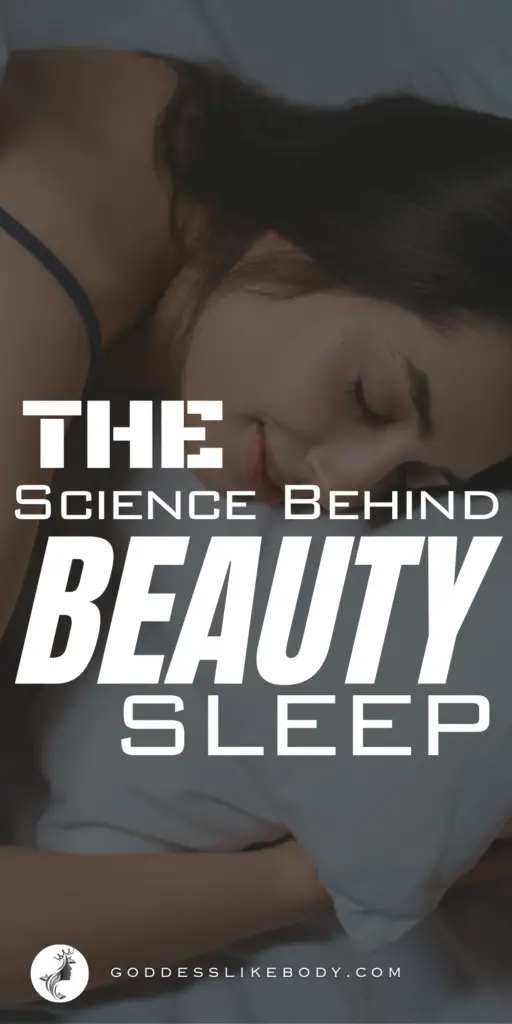
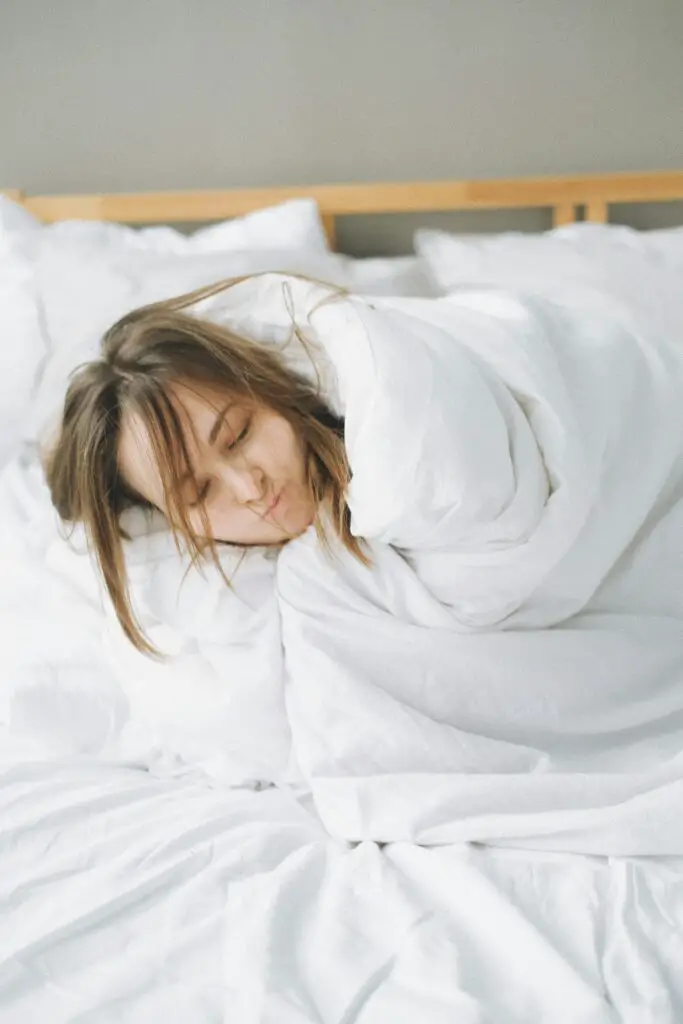
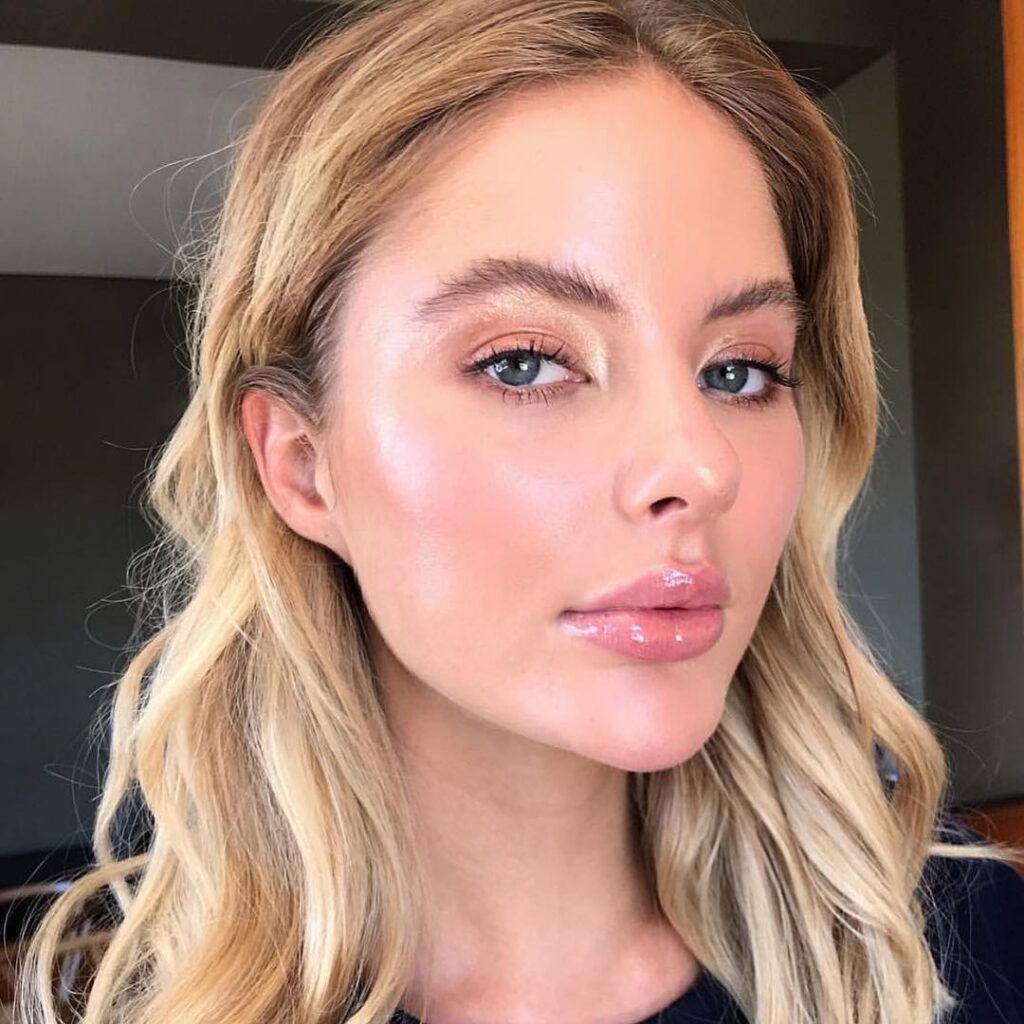

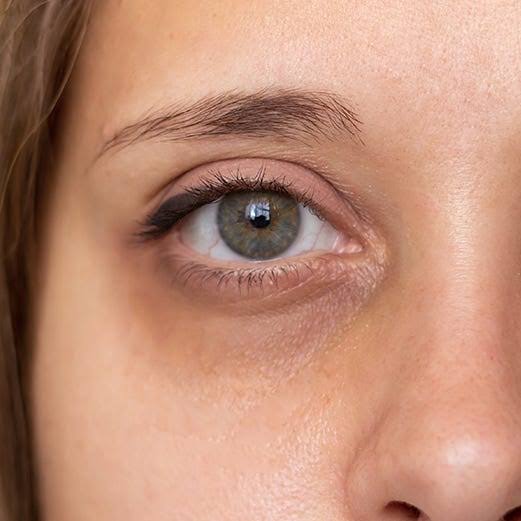

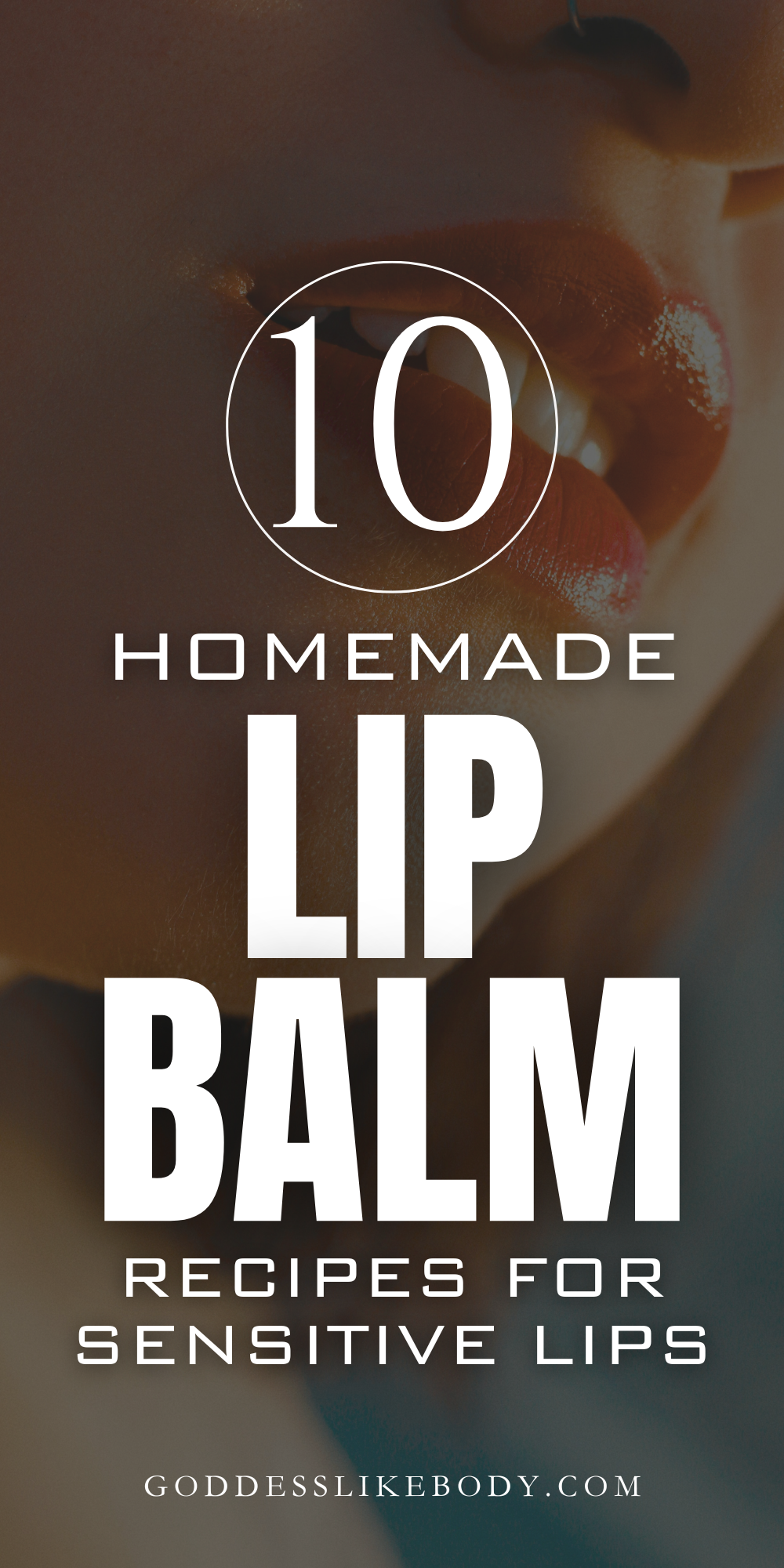
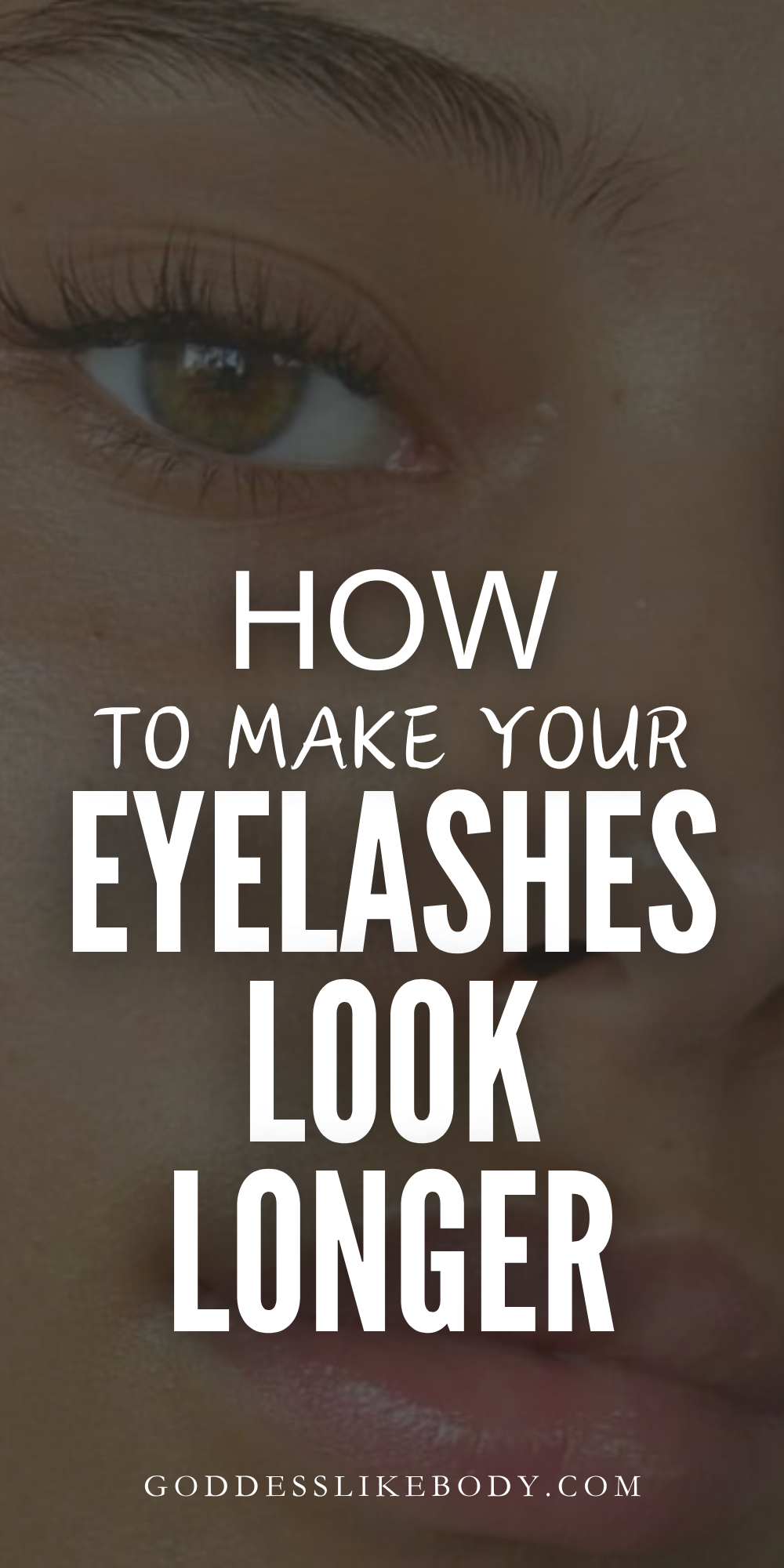
Leave a Reply
You must be logged in to post a comment.